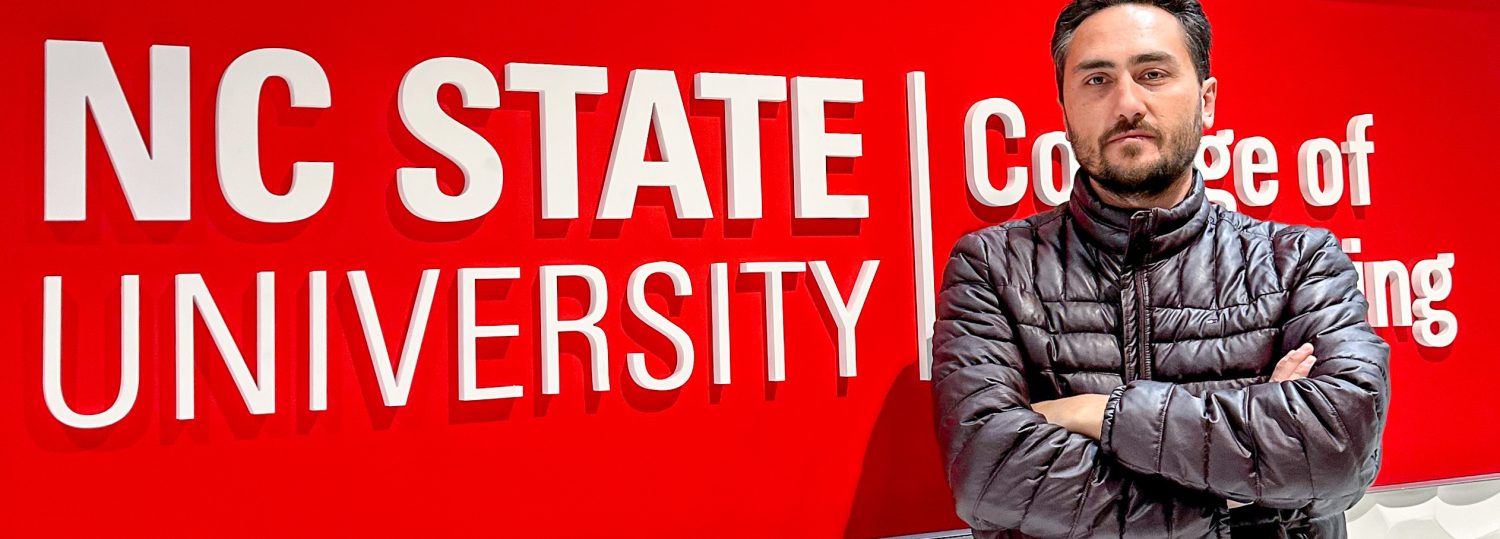The sun rises on Ankara – the capital of Türkiye (previously known as Turkey). Its unique blend of old and new is revealed as the sun’s golden rays bounce along cramped Roman streets. These streets were made not for cars or buses but for horses and foot. And yet they feed into wide, modern boulevards created for high-speed metal boxes. This disconnect in the city’s transit network, plus its growing population and economy, only serves to make things worse unless something is done today to address the growing need for transport.
That’s where Ali Unal comes in. Unal is a postdoctoral researcher for the ISE department at NC State whose focus is public transit. Working with ISE Assistant Professor Leila Hajibabai, Unal is researching the best way to optimize Ankara’s public transport system and improve the lives of its citizens. “The study conducted on Ankara’s public transport system using real-world transit data has the potential to benefit the city in multiple ways,” described Unal.
Unal was drawn to NC State because of its research-intensive environment and commitment to advancing knowledge in a diverse range of fields. “I was also drawn to the university’s emphasis on interdisciplinary research and its collaborations with other institutions and industry partners,” he explained. “In addition, the resources and facilities available at NC State were a major factor in my decision to join as a postdoctoral researcher.” Unal was also eager to work with Hajibabai, an experienced researcher in her own right focusing on transportation systems.
According to their research, their strategy can save the Turkish transportation authority $858,240 annually. “Our research on optimizing the public transit system in Ankara can have a significant impact on the daily lives of its residents,” emphasized Unal. “With the optimized system, passengers can reduce their travel time by over 55,000 hours annually, leading to more efficient and faster transportation.” These shorter travel times and reduced fuel consumption will make public transport in Ankara work better for the communities within the city.
Unal and Hajibabai are also researching bike sharing and micro-mobility – a sustainable transportation option that can reduce traffic congestion and carbon emissions – to further develop Türkiye’s transportation infrastructure. They are optimizing existing micro-mobility systems, a task that considers the placement of stations and routing strategies. The goal is to promote sustainable transit modes and reduce carbon emissions in urban areas. The data in this study will go on to benefit not just Ankara but large cities around the globe.

